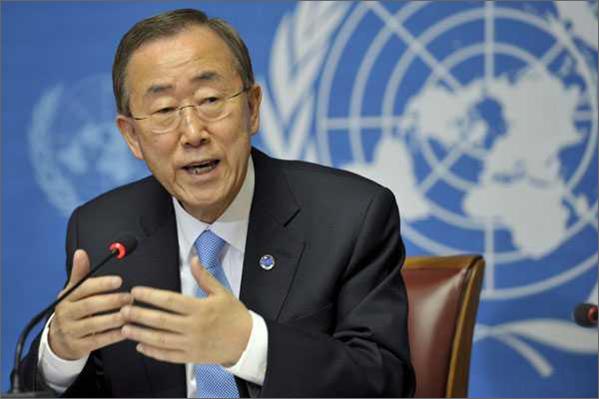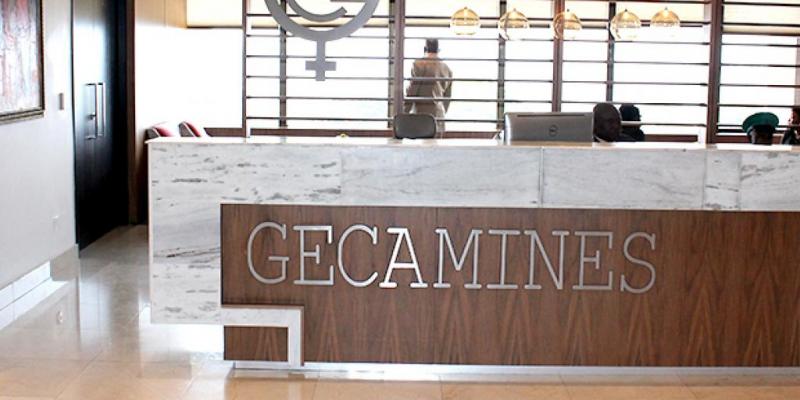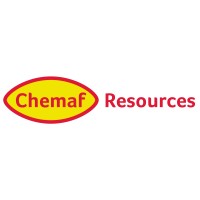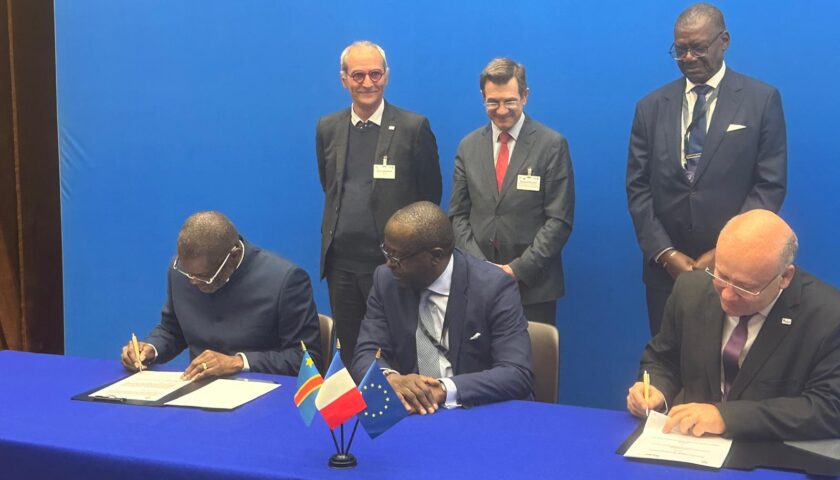The Democratic Republic of Congo’s army is smuggling and taxing gold and tin in the country’s east, where the government is trying to cut the link between violence and the mineral trade, a United Nations group of experts said.
Soldiers from the Forces Armées de la République Démocratique du Congo, or FARDC, control a gold mine in South Kivu province and are impeding efforts to resume legal exports of tin ore from Congo’s largest mine in North Kivu province, the experts said in an interim report scheduled for release later this month. The group submitted a draft of the report to the UN’s sanctions committee last month. Inner City Press, a New York-based investigative journalism organization, published the document on its website on June 29.
“The DRC government must address the issue of FARDC complicity, criminality and impunity if it aims to convince the international community that it genuinely wants to legalize and formalize the minerals sector,” the report said.
Most companies stopped buying minerals from eastern Congo amid concerns that the trade was perpetuating a conflict that began in the mid-1990s. Congo’s Mines Ministry is working with several organizations including tin-industry group ITRI Ltd. To create clean supply chains for tin ore, tantalum and tungsten that don’t support armed groups.
“Isolated acts by some undisciplined members of the Congolese army should not be blamed on all of the army,” Mines Minister Martin Kabwelulu said by mobile-phone text message to Bloomberg on July, 02.
Rebels Involved
Several rebel groups are also involved in the illegal mineral trade, the group said, including the Democratic Forces for the Liberation of Rwanda, or FDLR, a mainly Rwandan Hutu rebel group with alleged links to the perpetrators of the 1994 Rwandan genocide. A Congolese renegade group, Raia Mutomboki,
which has grown in influence in the region as a popular movement against the FDLR, is also involved in smuggling gold, tin ore, and tantalum, the report said.
A decline in the price of gold this year has reduced smuggling, the group said, while shipments from North Kivu of tantalum, a mineral used in mobile phones and video-game consoles, are increasing as its price on international markets rises. Gold has dropped 25 percent this year and traded 0.3 percent lower at 1,249.25 an ounce by 3:30 p.m. in London.
Legal shipments of tin ore and tantalum from Maniema and Katanga province are growing as programs to track and trace the minerals improve, the experts said. Similar efforts in the Kivus have slowed, “partly due to the volatile security situation in the area,” it said.
Great Lakes
Later this month Congo plans to begin certifying conflict-free minerals from the Kivus through the International Conference on the Great Lakes Region, an organization made up of countries from the region, Kabwelulu said.
Conflict began in eastern Congo in the aftermath of neighboring Rwanda’s genocide in the mid-1990s. After a series of wars officially ended in 2003, armed groups continued to fight in the resource-rich region. Last year, a group of former rebels defected from the Congolese army, resulting in the displacement of more than a million people, according to the UN.
In a report last year, the group of experts accused Rwanda of backing the rebels, known as M23. Rwanda denied the charges.
The interim report says “limited” Rwandan support for the rebels continues, while members of the Congolese army have collaborated with the FDLR in their fight against the M23.
Members of the group of experts, contacted yesterday and today, declined to comment prior to the release of its final report later this year.
Source : Bloomberg from Kinshasa




